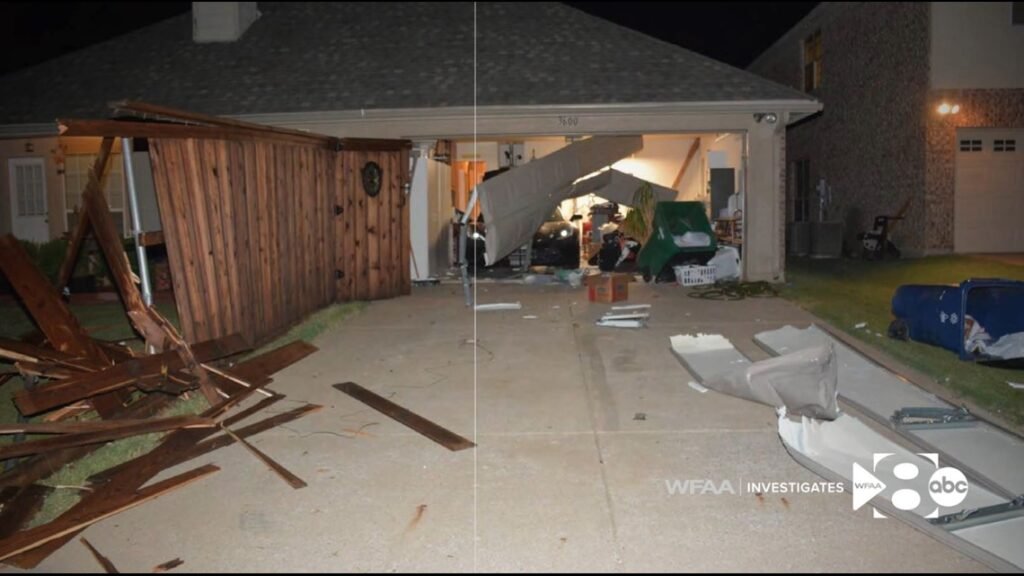Her legal win traces back to a 1980 Texas case where police let a home burn — and had to pay for it.
MCKINNEY, Texas — A federal judge has ruled that the City of McKinney must pay nearly $60,000 in damages to a homeowner whose house was destroyed during a 2020 SWAT standoff—a rare legal win for a private citizen navigating Texas’ expansive governmental immunity laws.
The decision from U.S. District Judge Amos Mazzant orders the city to pay $59,656.59 plus interest to Vicki Baker, 81, under the Texas Constitution. Baker filed suit after a SWAT team used tear gas, explosives and tactical vehicles to enter her McKinney home while pursuing a fugitive who had barricaded himself inside.
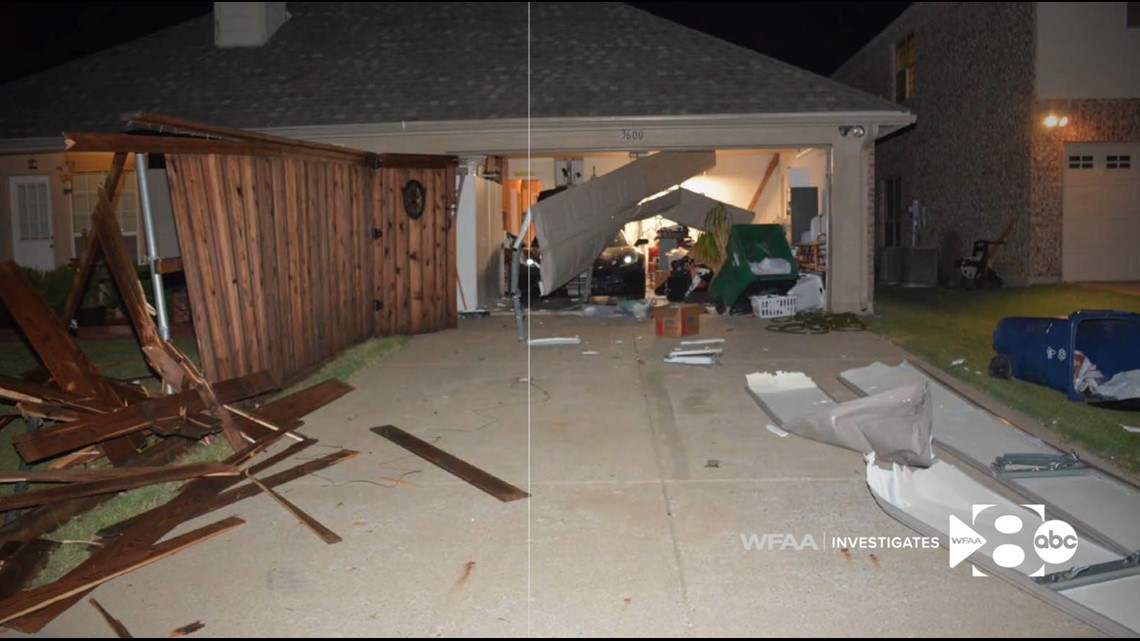
The judgment follows a legal battle that began in 2021 and saw significant turns, including a win at the trial level, a loss at the appellate level, and the U.S. Supreme Court ultimately declining to review the case. But last week, a federal judge revisited the claim and ruled in Baker’s favor under state law.
“I’ve just learned that my battle with the City of McKinney is coming to an end,” Baker said in a statement. “Judge Mazzant has, once again, ruled that I am due just compensation under the Texas Constitution.”
The case stemmed from a July 25, 2020, incident in which a man Baker had previously hired for repairs, Wesley Little, broke into her home and held a 15-year-old girl hostage. Baker was in Montana at the time, but her daughter, still living at the property, escaped and called 911.

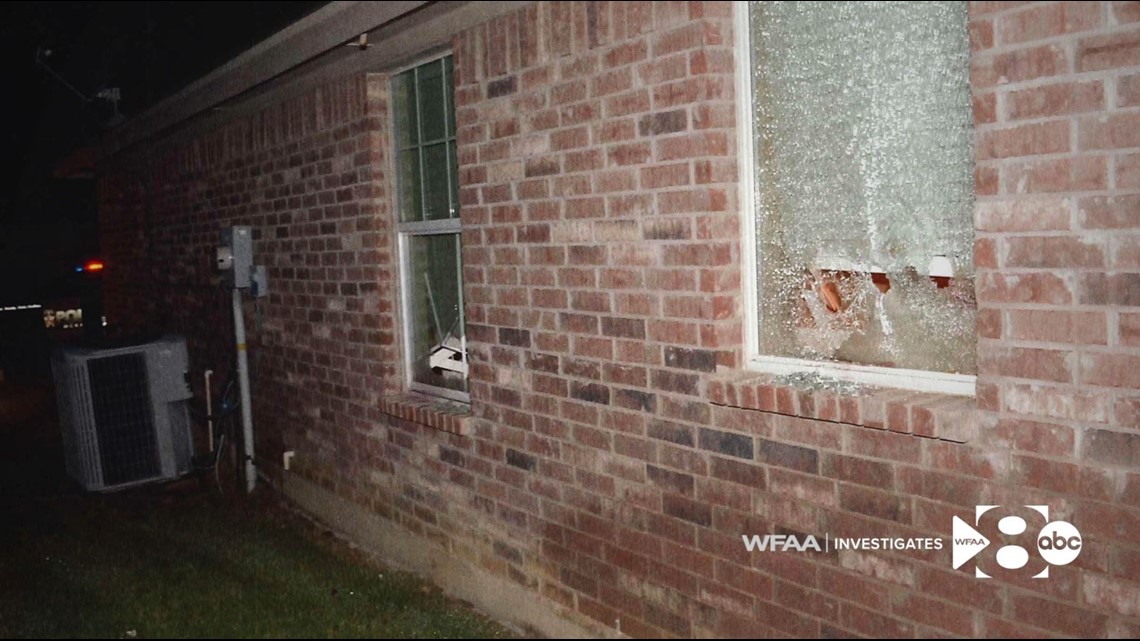
Little released the teen but refused to surrender. SWAT officers moved in, launching roughly 30 tear gas canisters, breaching doors and tearing down a fence with an armored vehicle. When they entered, they found Little had died by suicide. Baker later told WFAA her home sustained more than $50,000 in damage.
Her insurance only covered the portion of the damage caused by Little, not law enforcement.
The city of McKinney declined to reimburse her, citing sovereign immunity. That is a legal doctrine where cities can be immune from lawsuits unless they waive it or a judge declares it can’t be used in whatever case they’ve been taken to court over.
Baker didn’t ask for this fight, she added, but when the cancer survivor understood that the principle of “you break it, you fix it” was at stake, she put on the gloves.
“It was more devastating because of everything that was happening to me at the time. I was going through that and just paid roughly $25,000 to fix up my house so that it could be put on the market,” Baker said. “I felt like this was a case that would help not just me, but a lot of people. That’s why I wanted to fight.”
Baker and her legal team at the Institute for Justice pursued a Takings Clause argument under both the U.S. and Texas Constitutions. They claimed the destruction of her home during a government action, though not a typical eminent domain case, amounted to the same thing: Government taking private property for public use, without compensation.

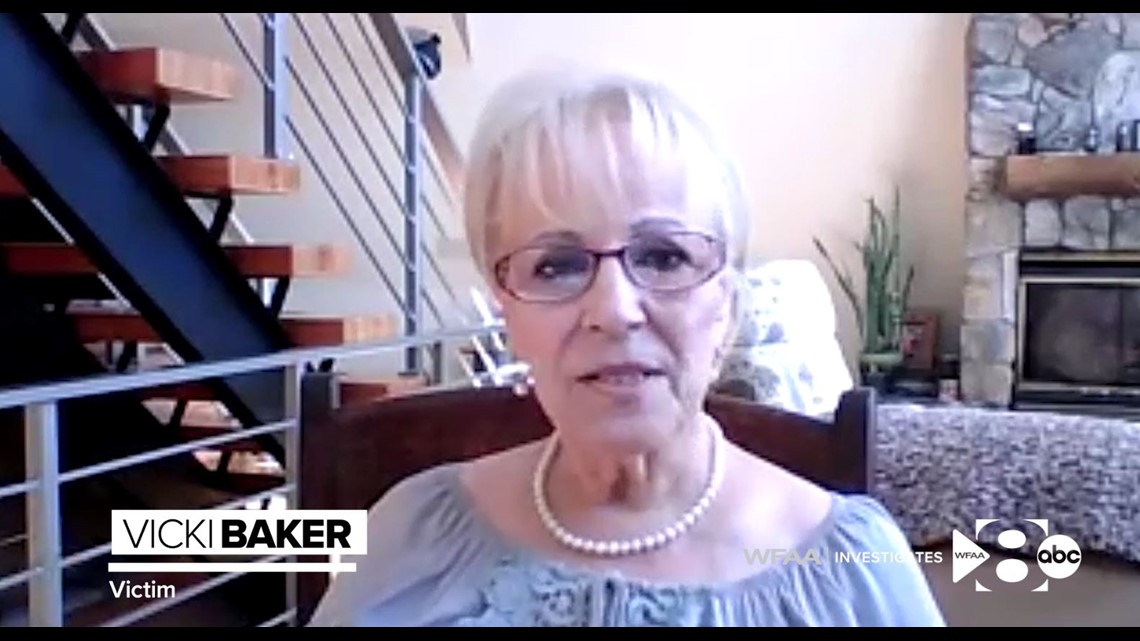
“It took five years, but Vicki is finally going to be made whole,” said Jeffrey Redfern, senior attorney with the Institute for Justice. “She’s fortunate that Texas has strong protections for private property rights, but people in much of the rest of the country aren’t so lucky.”
After losing at the Fifth Circuit, Baker’s team returned to the trial court. The court exercised supplemental jurisdiction, meaning it agreed to hear the state constitutional claim even after the federal one had failed. That decision ultimately led to the new ruling.
WFAA began reporting on this case and others like it in 2020 — cases where police damage private property during tactical operations, but cities claim immunity. One of those cases, referenced by Redfern in court, is Steele v. City of Houston, a 1980 ruling in which Houston police allowed a home to burn after tear gas canisters exploded inside. The Texas Supreme Court ruled the city had to pay for the loss.

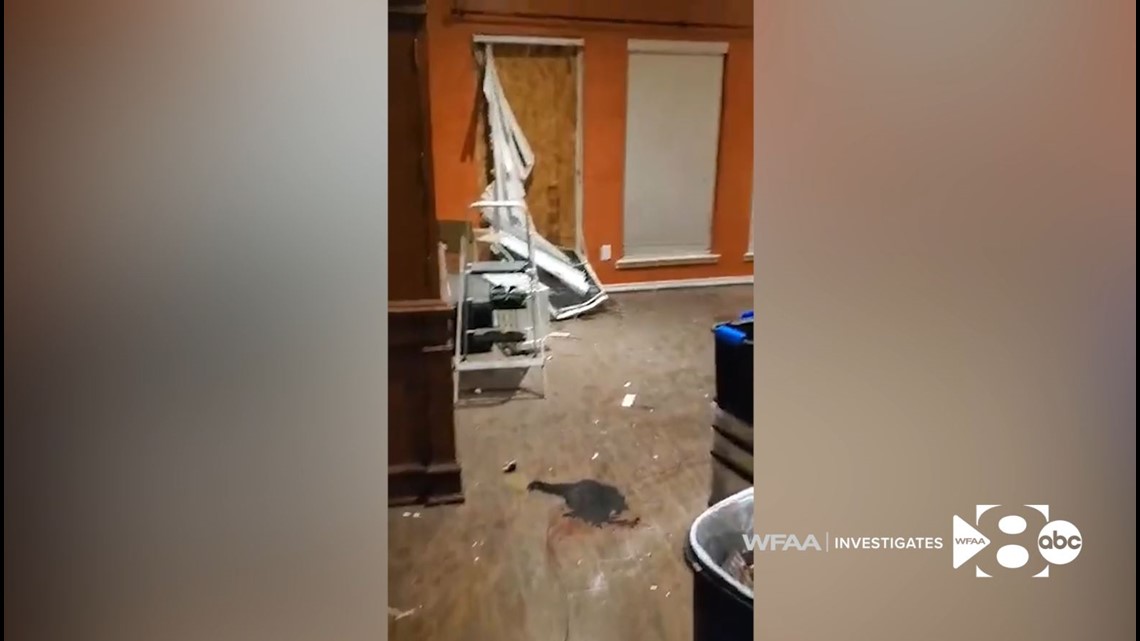
That precedent, Redfern argued, helped make Baker’s case viable under the state’s Takings Clause. A federal judge agreed.
Cities in Texas have dodged making homeowners whole in situations like this for decades by citing sovereign immunity. Many attorneys have made the mistake of challenging the legal doctrine on its face. Redfern didn’t do that; he went around it.
“My real hope is that city attorneys around Texas look at this ruling and they look at this 1980 case that they have been ignoring for too long and they say, Jeez, the law is pretty clear. We just need to pay these people,” Redfern said.
The City of McKinney said it is “evaluating its options for appealing this ruling.”
Baker, who now lives in Montana, said the city has spent far more on legal fees than it would have paid her in damages.
“They have paid hundreds of thousands of dollars in legal fees,” she told WFAA. “And they could have gotten off with paying me $60,000.”
The Institute for Justice is currently litigating similar cases in California, Indiana and North Carolina and is awaiting a U.S. Supreme Court decision in Martin v. United States, which centers on an FBI SWAT raid that damaged another innocent family’s home.
Baker’s case, for now, ends with a judge’s order — one that may serve as a path forward for others who could use this case as a new playbook.
